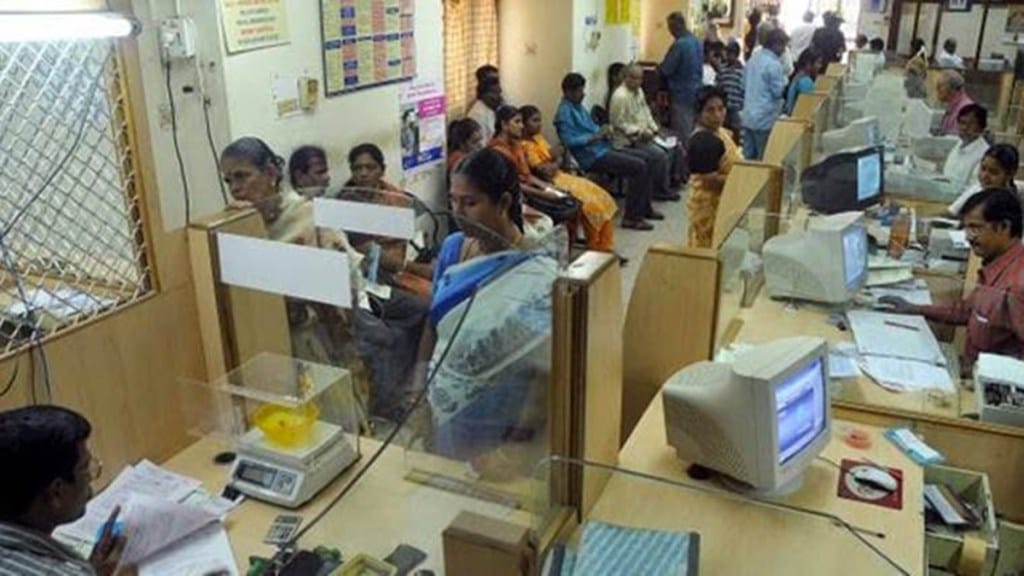Non-bank lenders have pegged the prevailing high borrowing costs as the biggest challenge as far as financing water, health and sanitation (WASH) infrastructure is concerned.
Currently, banks and non-bank lenders disburse WASH loans to micro-finance institutions that utilise these funds to build health and sanitation infrastructure in remote areas.
“The concession (interest rate) is so low. We get may be 25-30 basis points from NABARD. We add our own. Even then, it comes to less than 100 basis points. 200 basis points should be the trigger, which would encourage an NBFC to employ a person dedicatedly to finance WASH,” said Bonani Roychoudhury, chief operating officer (COO), Nabsamruddhi Finance.
Also read: Micro sector should become the key employment generator in the country: Report
“When it comes to higher concession, NABARD is only borrowing from the market. Being one of the highest borrowers from the market, NABARD’s rates are not very low. To promote a sector, there has to be a huge concession.
MFIs are our largest partners in WASH. But what we have faced is that there are not enough players even today. We get a lower interest rate concession (from NABARD) than scheduled commercial banks and regional rural banks get from NABARD but still we are the highest borrowers from NABARD under WASH but we are a very small entity. For us to take more, we need more people to lend to,” the COO added.
Nabsamruddhi Finance is a subsidiary of the National Bank for Agriculture and Rural Development (NABARD).
Currently, micro financiers’ outstanding book stands at around Rs 2.6 trillion, of which sanitation loans are at Rs 400 crore, data from Financial Inclusion Improves Sanitation and Health Society (FINISH) showed.
Roychoudhury was a panelist at a workshop on WASH financing on Thursday. The workshop was conducted by non-governmental organisation Sa-Dhan and Financial Inclusion Improves Sanitation and Health(FINISH) Society.
“High interest rate is only resultant of one factor. What we are paying back to the customers from which, money is coming to us. There is a net interest margin. Risk factor is almost negligible when it comes to MFIs. If we are lending at rate A, the final rate of interest quoted to the end user is A+50 bps or A+150 bps. So, the last mile burden is quite high,” said Uttam Verma, State Bank of India Deputy General Manager, Mumbai Metro Circle.
As an alternative, experts have urged the government to introduce capital gains bonds, green finance bonds, interest rate subventions and the creation of a social stock exchange to encourage WASH financing.
To enhance participation in WASH financing, experts have also suggested creating a sub-target under the Reserve Bank of India’s priority sector lending norms.

